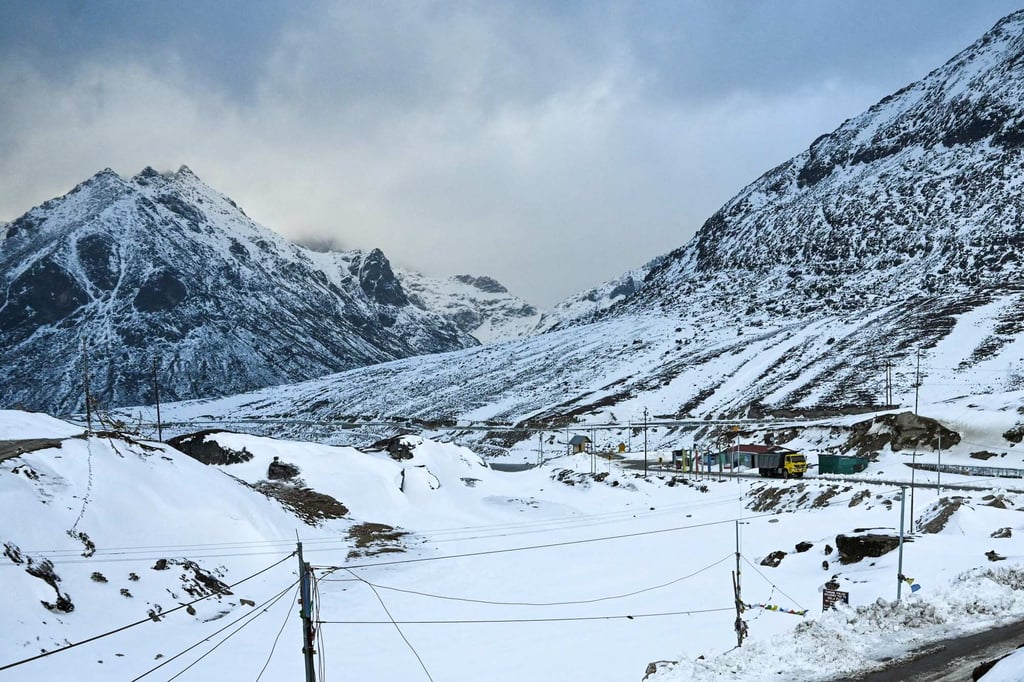‘Statement to China’: India’s strategic Sela tunnel raises tensions as New Delhi boosts border control
- The opening of the world’s longest twin-lane tunnel sparked a war of words between Beijing and New Delhi, as each claims Arunachal Pradesh for its own
- The tunnel enables all-weather troop deployments and other movements as part of India’s efforts to address border vulnerabilities, analysts say

The Chinese government rejected Modi’s inauguration of the tunnel, calling the region an “inherent part of China’s territory”, while Indian authorities responded by slamming Beijing’s remarks as “absurd”, insisting Arunachal Pradesh was “an integral and inalienable part of India”.

The lack of connectivity in Arunachal Pradesh has been a disadvantage for India when compared with China’s better infrastructure along the border. The previous single-lane route to the Sela Pass would often have close after heavy snowfall, preventing heavy vehicles and container trucks from reaching Tawang.
Harsh V. Pant, vice-president for studies and foreign policy at the Observer Research Foundation, a Delhi-based think tank, said the Sela tunnel underscored India’s resolve to enhance its border infrastructure.
